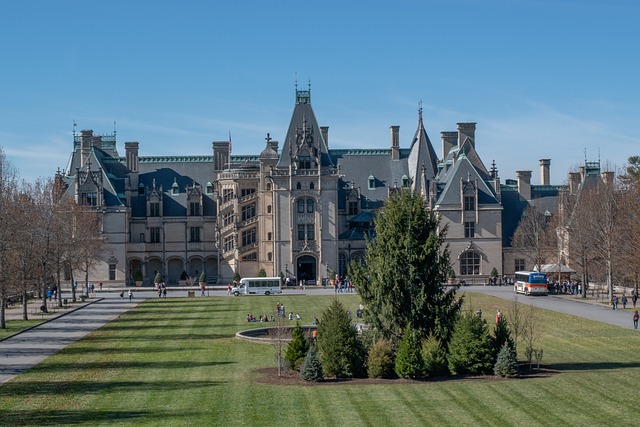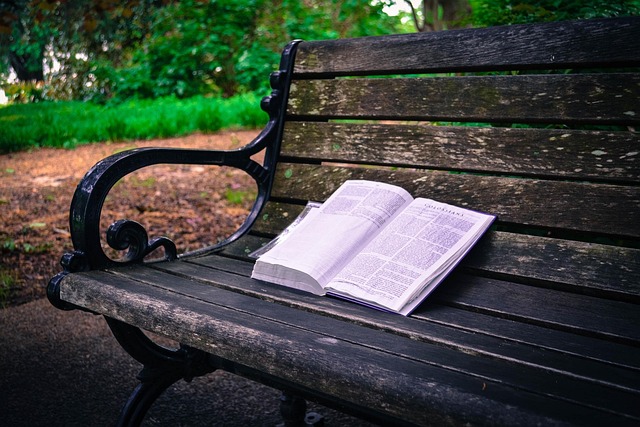In South Carolina, recognizing clergy abuse patterns and red flags is vital for identifying harmful behavior in religious institutions, which can include emotional manipulation, spiritual coercion, and physical, verbal, or sexual misconduct. Victims may exhibit sudden behavioral changes and feelings of isolation. Prompt action is crucial to prevent further harm. Specialized clergy abuse attorneys play a critical role by offering legal counsel, support, and advocacy for justice and healing, helping bring perpetrators to light and create safe environments in places of worship. These attorneys guide survivors through complex cases, ensuring they receive tailored services like counseling, investigations, settlement negotiations, and courtroom representation, leveraging South Carolina's legal framework while providing compassionate support. After experiencing clergy abuse, immediate medical attention and thorough documentation are initial steps; consulting a specialized clergy abuse attorney South Carolina is crucial for guidance, protection of rights, and justice. Support groups, counseling, and hotlines also provide safe spaces for healing.
In South Carolina, clergy abuse is a serious issue requiring specialized legal expertise. If you’ve experienced assault or spiritual abuse within religious settings, understanding your rights is crucial. This article guides survivors through the complexities of seeking justice with an emphasis on top-rated clergy abuse attorneys in South Carolina. From recognizing patterns and understanding legal frameworks to navigating the justice system and supporting resources, gain insights into your options and the help available for healing and compensation.
Understanding Clergy Abuse: Recognizing Patterns and Red Flags in South Carolina
In South Carolina, understanding clergy abuse is crucial for identifying patterns and red flags that may indicate harmful or inappropriate behavior within religious institutions. This includes recognizing emotional manipulation, spiritual coercion, and any form of physical, verbal, or sexual misconduct. Clergy members, due to their position of trust, often have significant influence over their congregants, making it essential for victims to be aware of potential warning signs. Common indicators may include sudden changes in behavior or belief systems, feelings of isolation from family and friends, and an intense focus on conformity within the church.
Attending to these red flags promptly is vital to prevent further harm. South Carolina clergy abuse attorneys play a critical role in assisting individuals who have experienced such mistreatment. They provide legal counsel, support, and advocacy for victims seeking justice, accountability, and healing. By leveraging their expertise, these attorneys help bring perpetrators to light and foster an environment where congregants can feel safe and respected within their places of worship.
The Legal Framework: South Carolina Laws Protecting Victims of Clerical Assault
In South Carolina, victims of clerical assault have legal protections in place to help them seek justice and healing. The state has specific laws addressing sexual misconduct by religious figures, aiming to hold perpetrators accountable while providing support for those affected. These laws are designed to empower survivors to take legal action against clergy members who engage in abusive behavior.
A clergy abuse attorney in South Carolina is well-versed in these legal frameworks and can guide victims through the process of seeking redress. They understand the complexities of these cases, which often involve sensitive matters and unique challenges. Such attorneys advocate for the rights of survivors, ensuring they receive the support and compensation they deserve while navigating the legal system effectively.
Expertise in Action: What to Expect from a Top-Rated Clergy Abuse Attorney
When searching for a top-rated clergy abuse attorney in South Carolina, it’s crucial to understand what expertise looks like in action. These attorneys specialize in handling sensitive cases involving spiritual leaders who have abused their positions of power and trust. They possess an in-depth understanding of state laws regarding sexual misconduct within religious institutions and have extensive experience navigating complex legal and emotional landscapes.
A top-tier clergy abuse attorney will offer a range of services tailored to your specific needs, including counseling victims, conducting thorough investigations, negotiating settlements, and representing you in court. They should be adept at building strong cases, leveraging their knowledge of South Carolina’s legal framework, and providing compassionate support throughout the process. Their expertise ensures that victims receive justice and that religious organizations are held accountable for addressing and preventing future instances of abuse.
Navigating the Justice System: Steps to Take After a Clergy Assault Incident
After experiencing a clergy assault, navigating the justice system can be overwhelming and confusing. The first step is to seek immediate medical attention for any injuries sustained. Documenting the incident thoroughly is crucial; take photos of injuries, gather witness statements, and save any relevant communication related to the abuse.
Next, it’s important to consult with a clergy abuse attorney in South Carolina who specializes in these cases. They can guide you through the legal process, help protect your rights, and ensure that justice is served. Your attorney will advise on the best course of action, whether it involves pressing charges, seeking civil litigation, or both. This support is vital for victims looking to move forward and find closure.
Supporting Survivors: Resources and Compensation for Victims of Spiritual Abuse
In cases of clergy abuse, survivors often face unique challenges in seeking justice and healing. The experience of spiritual abuse can be deeply traumatic, leaving individuals with complex emotional and psychological scars. South Carolina clergy abuse attorneys play a vital role in supporting these survivors by providing legal expertise tailored to their specific needs. They help victims navigate the complexities of filing lawsuits against religious institutions and individuals responsible for the abuse.
Beyond legal representation, there are valuable resources available for those who have experienced spiritual abuse. Support groups, counseling services, and hotlines dedicated to clergy abuse offer a safe space for survivors to share their stories and begin the healing process. Compensation, in terms of financial restitution or settlements, can also be sought to help victims rebuild their lives. Attorneys specializing in this area ensure that survivors are not only held accountable but also receive the necessary support to move forward.





